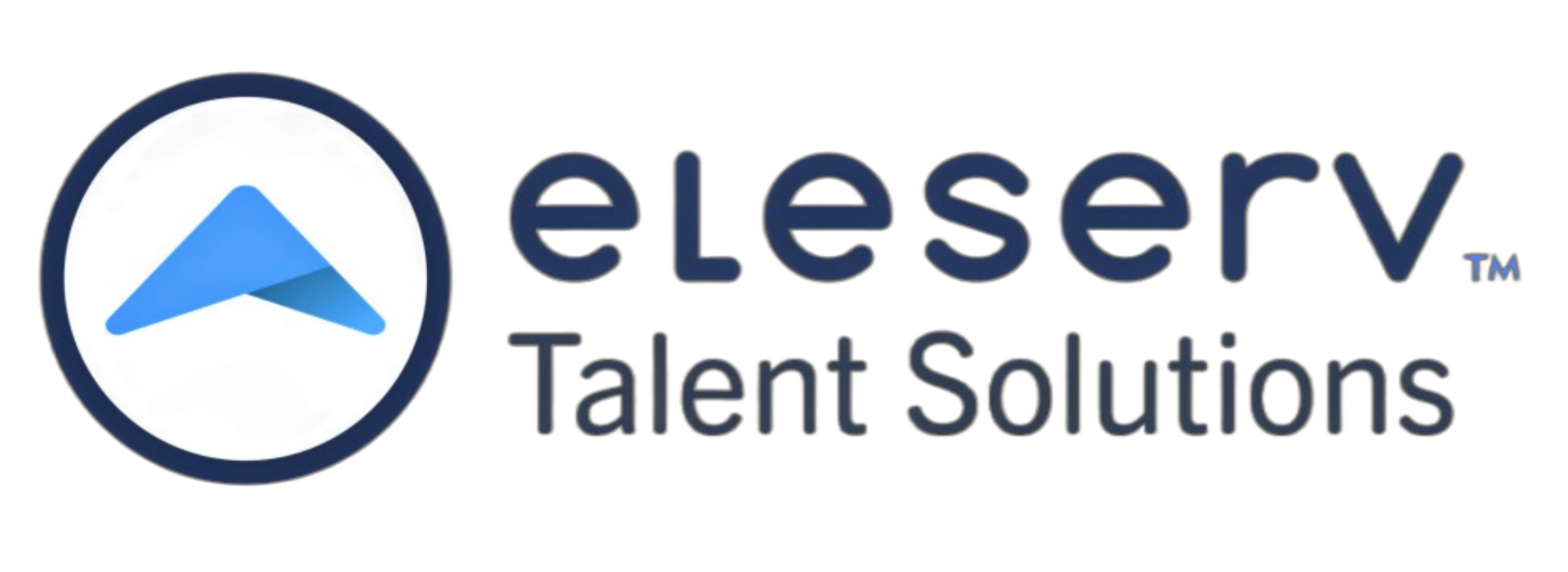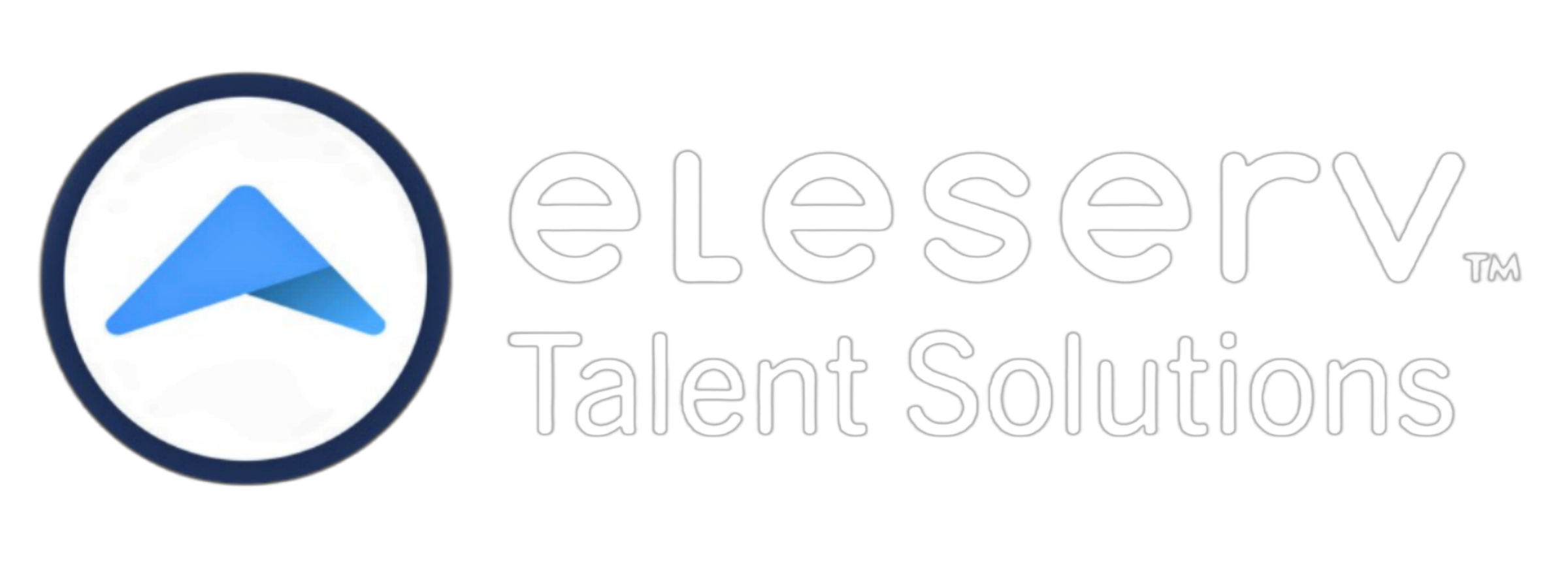Ditch the Job Description: Focus on Skills
Ditch the Job Description: Focus on Skills
In today's rapidly evolving job market, traditional job descriptions are increasingly becoming outdated and ineffective. Organizations need to adapt their hiring strategies to focus more on the skills and competencies of candidates rather than rigid job descriptions. This shift allows for a more flexible and dynamic approach to recruitment, ensuring that companies find the best fit for their roles and organizational culture.
The Limitations of Traditional Job Descriptions
Traditional job descriptions often emphasize specific qualifications, experience levels, and a predefined set of responsibilities. While these factors are important, they can also be restrictive. They may exclude talented individuals who have the necessary skills but do not meet every criterion listed. This rigidity can result in a narrower candidate pool, potentially overlooking candidates who could bring unique and valuable perspectives to the organization.
Emphasizing Transferable Skills
Focusing on transferable skills rather than specific job titles allows employers to tap into a broader talent pool. Transferable skills, such as critical thinking, problem-solving, communication, and adaptability, are applicable across various roles and industries. By prioritizing these skills, organizations can identify candidates who have the potential to excel and grow within their roles, even if they lack specific experience in a particular job.
Adapting to a Dynamic Job Market
The job market is constantly changing, driven by technological advancements, economic shifts, and evolving industry needs. Job roles and responsibilities can change rapidly, making it essential for organizations to be agile in their hiring processes. By focusing on skills, companies can more easily adapt to these changes and fill roles with individuals who have the ability to learn and evolve with the job.
The Role of Behavioral Assessments
Behavioral assessments play a crucial role in this skills-focused approach. These assessments help employers understand the behavioral traits, motivations, and competencies of candidates. By gaining insights into how candidates approach problems, interact with others, and handle stress, employers can make more informed hiring decisions. Behavioral assessments provide a more holistic view of a candidate's potential, beyond what a resume or traditional job description can reveal.
Benefits of a Skills-Based Approach
Increased Flexibility: A skills-based approach allows for greater flexibility in hiring, enabling organizations to consider a wider range of candidates who may not fit the traditional mold but have the right skills to succeed.
Enhanced Diversity: By focusing on skills, organizations can promote diversity and inclusion. This approach reduces biases associated with specific qualifications and backgrounds, opening up opportunities for individuals from diverse experiences.
Improved Employee Development: Hiring based on skills encourages a culture of continuous learning and development. Employees are motivated to enhance their skills and take on new challenges, leading to increased job satisfaction and retention.
Better Alignment with Organizational Goals: When hiring focuses on the skills needed to achieve organizational goals, companies can build a more cohesive and effective team. This alignment ensures that employees are well-equipped to contribute to the organization's success.
Implementing a Skills-Focused Hiring Strategy
To effectively implement a skills-focused hiring strategy, organizations should:
Revise Job Descriptions: Shift the focus from specific qualifications and experience to the skills and competencies required for the role. Highlight the desired outcomes and key responsibilities.
Utilize Skills Assessments: Incorporate skills assessments into the hiring process to objectively evaluate candidates' abilities. These assessments can be tailored to measure the specific skills relevant to the role.
Leverage Behavioral Assessments: Use behavioral assessments to gain insights into candidates' personalities, work styles, and potential for success within the organization.
Provide Training and Development: Support employees in developing their skills through ongoing training and development programs. Encourage a culture of learning and growth.
Emphasize Continuous Improvement: Regularly review and update the hiring process to ensure it remains aligned with the organization's evolving needs and goals.
By ditching traditional job descriptions and focusing on skills, organizations can create a more adaptable, diverse, and high-performing workforce. This approach not only improves the hiring process but also sets the foundation for long-term success and growth.


